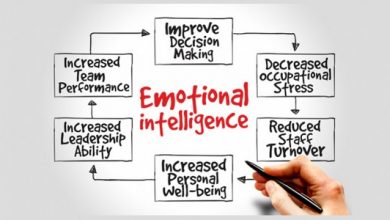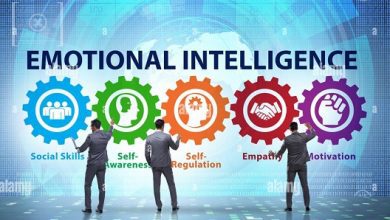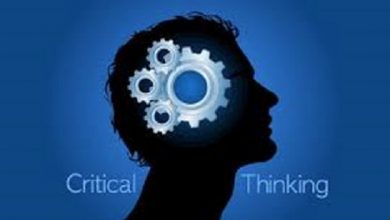Psycholinguistics
Psycholinguistics
Psycholinguistics is the study of the mental processes involved in the language, and the cognitive and neurological mechanisms underlying these processes. Psycholinguistics examines the relationship between language and the mind, including language processing, language acquisition, and language disorders. In Eglopedia.com, the readers can easily find the articles of Psycholinguistics and Neurolinguistics.
Through Englopedia.com, you can answer every question arise in the field of Psycholinguistics and Neurolinguistics. It will updated you that Neurolinguistics is the study of the neurological basis of language processing and production. It examines the neural mechanisms involved in language comprehension, production, and acquisition, as well as the neural basis of language disorders. Neurolinguistics combines methods and principles from linguistics, psychology, neuroscience, and other fields to investigate the brain basis of language and how it is organized and processed.
Both psycholinguistics and neurolinguistics are interdisciplinary fields that draw on a range of research methods and techniques, including behavioral experiments, brain imaging (such as fMRI and EEG), and computational modeling. Together, these fields help us to understand the complex cognitive and neural processes involved in language use, acquisition, and processing. They also have important applications in areas such as language teaching, language therapy, and the development of artificial intelligence systems that can process and understand human language.
If both Psycholinguistics and Neurolinguistics confuse you a lot then no need to worry and just type Englopedia.com and eliminate your tension. We are always be there for your service of knowledge.
-
Characteristics of an intelligent person definition and types
An intelligent person Intelligence is the ability that allows adaptation to new situations, learning from one’s own experience, manipulation of…
Read More » -

10 Emotional intelligence activities for Children and Adults
Emotional intelligence activities The activities of emotional intelligence can be applied in the school, work, family and even at a personal…
Read More » -

Building emotional intelligence in children 17 Tips
Developing emotional intelligence in children is very important, since it is one of the skills that will help them develop personally,…
Read More » -

How to Develop Emotional Intelligence 8 Practical Tips
Emotional intelligence is the ability to know one’s own emotions, manage them, recognize them in other people and use them…
Read More » -

What is Critical Thinking/purpose/ Advantages/characteristics/skills
What Is Critical Thinking? Critical thinking is a voluntary assessment of a fact, comment, experience or content, which uses arguments…
Read More » -

Difference between Dementia and Alzheimer’s with Similarities comparison table and FAQs
Dementia and Alzheimer’s In this article we will provide you the information about the Difference between Dementia and Alzheimer‘s with…
Read More » -
Difference between Right and Left Hemisphere/comparison table
The brain is the main organ of the nervous system of almost all animals. In vertebrate animals, the brain is one…
Read More » -
Difference between Ability and Aptitude with definitions
An individual is endowed with various capacities that allow him to face various situations that arise in life. Each human being…
Read More » -
Exercises for dyslexia of adults elementary school syllable and phoneme
Dyslexia continues to be one of the most widely diagnosed learning disorders in the world, especially in the child-age population . This condition is characterized by affecting…
Read More » -
Eidetic memory with levels considerations variants and culture
In this post, we are going to touch on the subject of the so-called eidetic memory. What is it? What does it…
Read More »